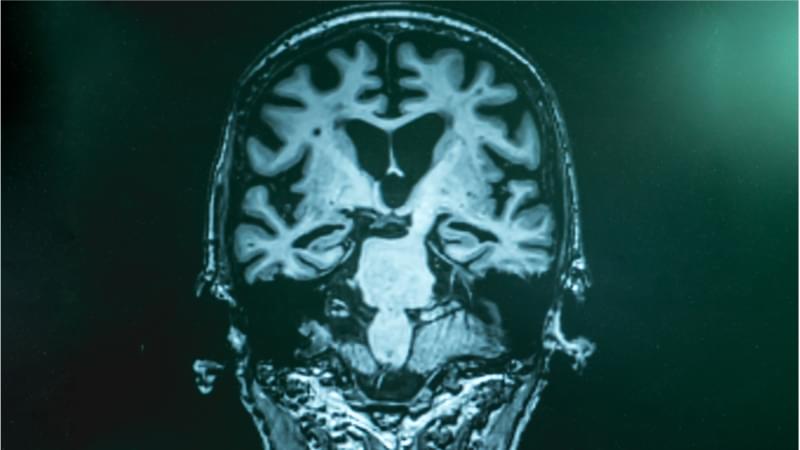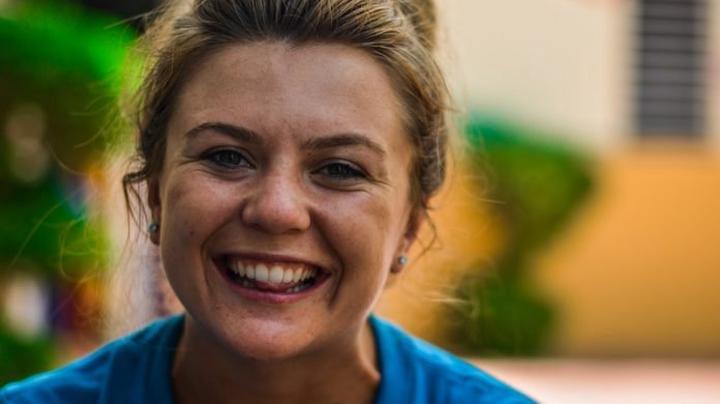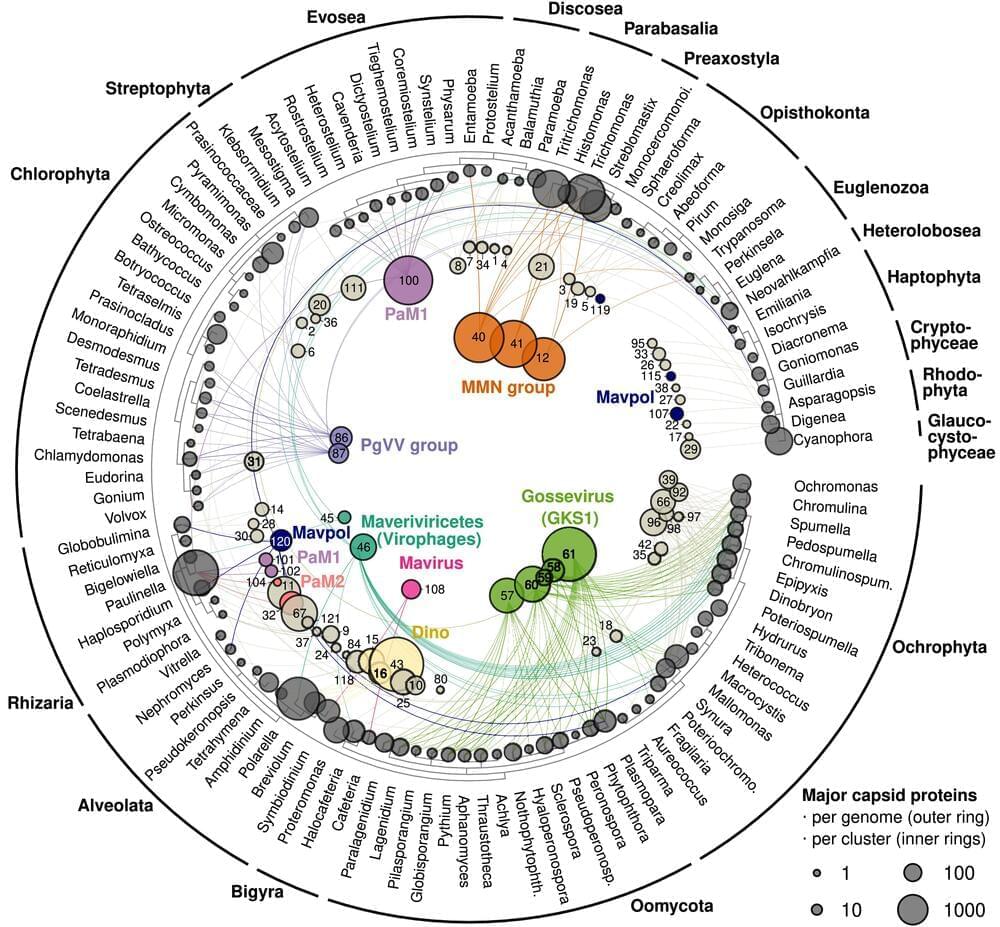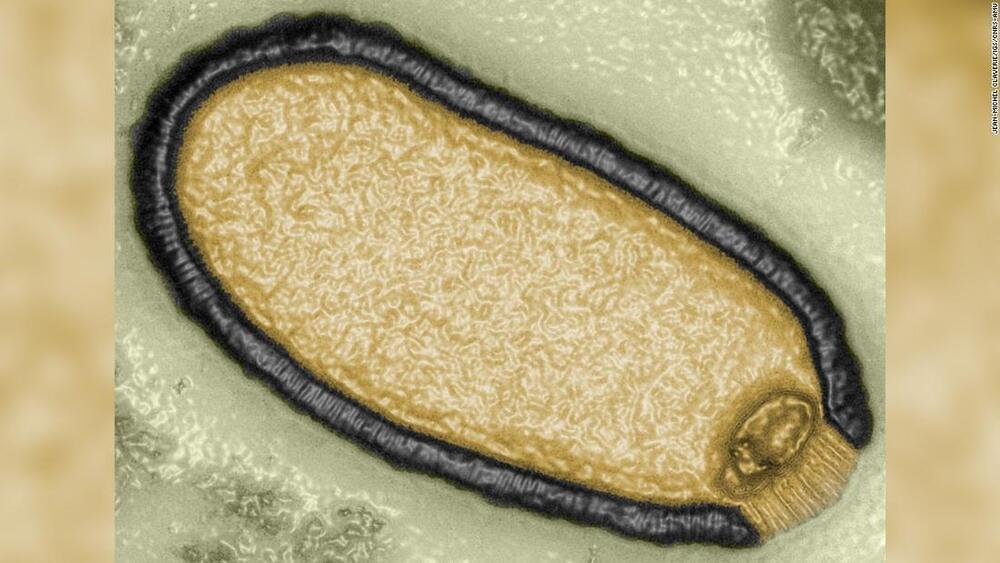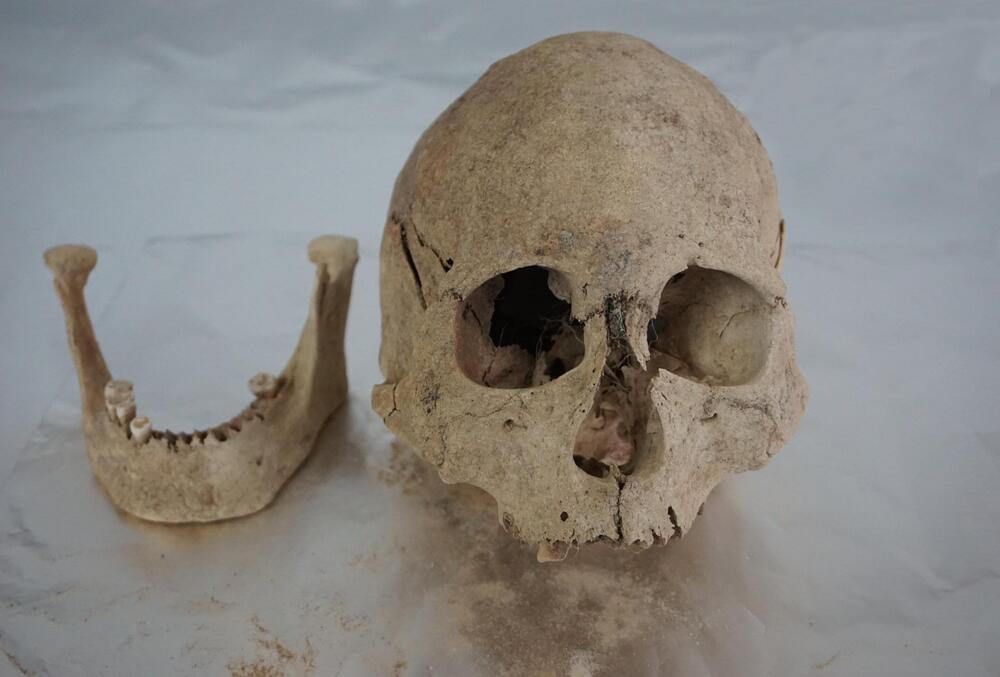As long as people have been alive, they’ve wanted to stay alive. But unlike finding the fountain of youth or becoming a vampire, uploading your brain to a computer or the cloud might actually be possible. Theoretically, we already know how to do it, and Elon Musk is even trying a brain implant with Neuralink. But technically, we have a long way to go. We explain the main technological advancements that we’ll need to make whole brain emulation a reality.
MORE TECHNOLOGY VIDEOS:
Why We Still Don’t Have Smart Contact Lenses.
Why We Still Haven’t Cloned Humans — It’s Not Just Ethics.
How Blockchain And Remote Monitoring Can Improve The Healthcare Experience.
#Brain #Tech #TechInsider.
Tech Insider tells you all you need to know about tech: gadgets, how-to’s, gaming, science, digital culture, and more.
Visit us at: https://www.businessinsider.com.
TI on Facebook: https://www.facebook.com/techinsider.
TI on Instagram: https://www.instagram.com/tech_insider/
TI on Twitter: https://twitter.com/techinsider.
TI on Amazon Prime: http://read.bi/PrimeVideo.
INSIDER on Snapchat: https://insder.co/2KJLtVo.
What it’ll take to upload our brains to a computer.
